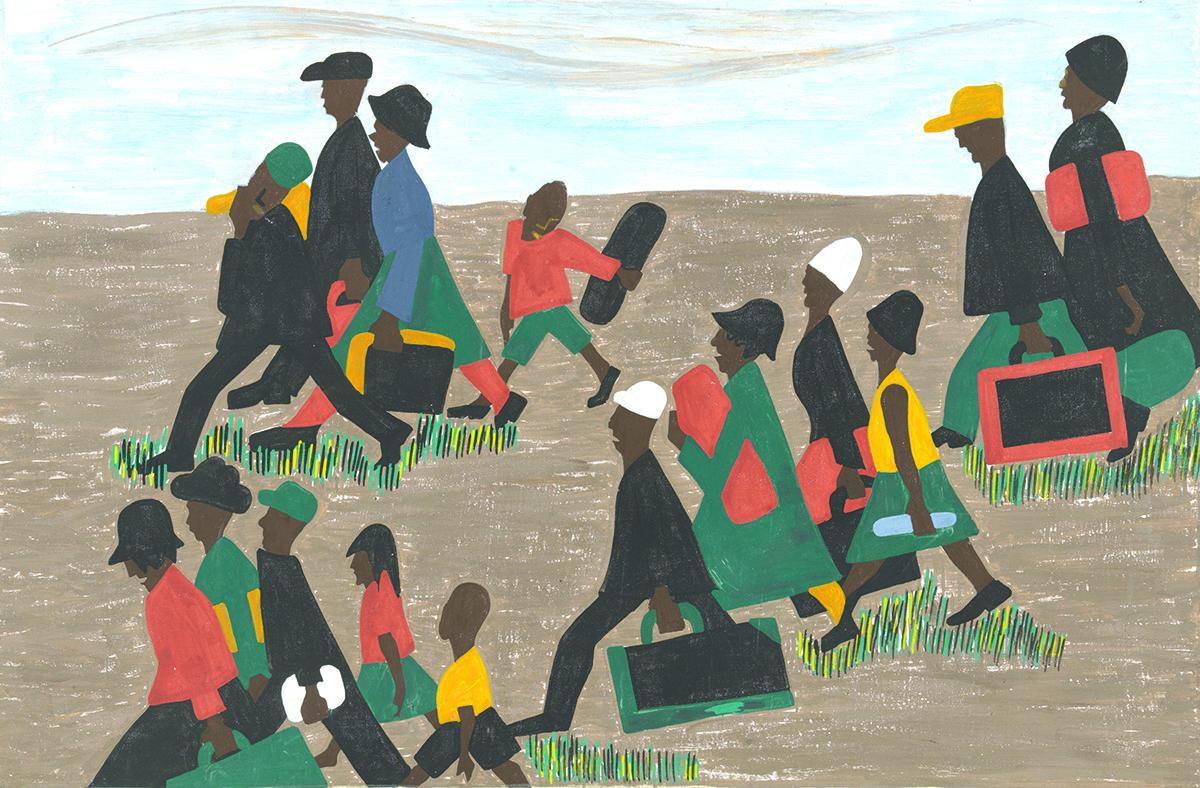When I was growing up in Rochester, New York, I attended a private school that most would consider to be fairly liberal. The school had a rather diverse student body, and was always proud of the efforts that they made to ensure that every student felt included in the community that they had created. When I think back to how we were first taught of the Civil War, my first memory is of hearing about it in a primary school classroom. We learned about the Civil War in a very basic concept, being told that the slave-owning south wanted to separate from the union, who wanted to end slavery. Abraham leads the heroic north against the evil south, and ultimately got killed by supervillain John Wilkes-Booth. For most of my adolescence, the south was portrayed as the villain during this time period. I believe it was around sixth or seventh grade when the idea that the Civil War was originally about states rights and representation in Congress rather than slavery alone, and that Lincoln was not fully against slavery during his presidency. From then on most students seemed to be mature enough to understand that history isn’t as black and white as we make it seem, but prior to that I can remember me and my classmates all seeing the south as the evilest and immoral group in history, while the north was the morally correct heroes.
It makes sense this is how we were taught, younger kids aren’t always able to understand the intricacies that go into war, so it’s easier to give them a background in something simple before introducing them to more complicated subjects. Growing up in New York probably also helped change our perspectives, as we essentially adopted the union as a sort of a “home team.” In the end, making the union the heroes likely did a lot of help in shaping an accepting community, because of how it made us all realize how important equality, freedom, and fair treatment of all people was. It’s because of this upbringing that I’m always confused when I hear about other regions teaching the Civil War from the opposite perspective. The big story I remember hearing fairly recently was the change happening to AP US History, where slavery was to be downplayed and the curriculum was to be made more pro-American While I understand that it’s hard to accept that your family from that region was on the wrong side of history, it still seems counterintuitive to try and insert your own narrative into history. By trying to mask our mistakes it obviously makes it difficult to move beyond them. So to me, it’s more important to try and improve on what the previous generation failed on, instead to trying to make their failures seem like a success.
